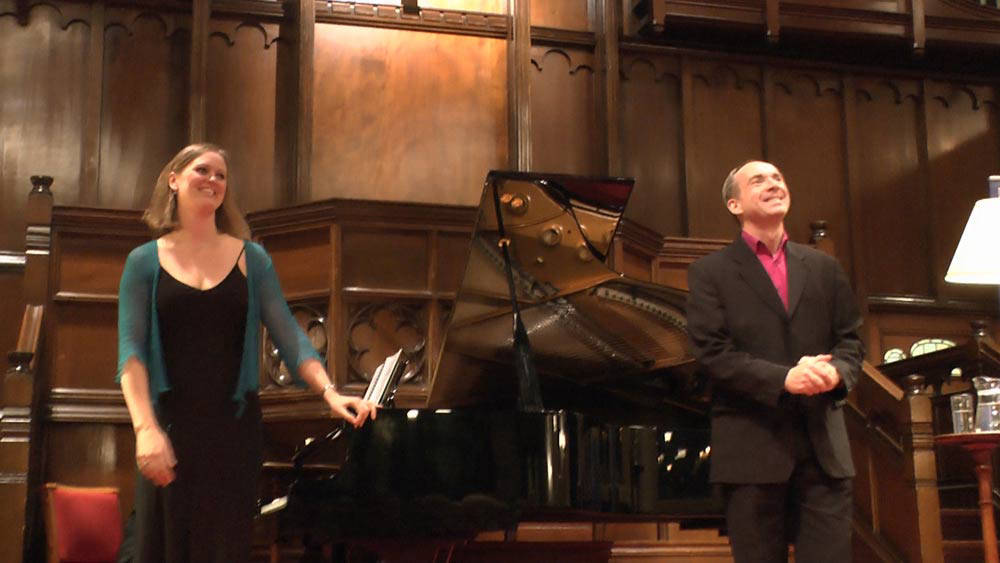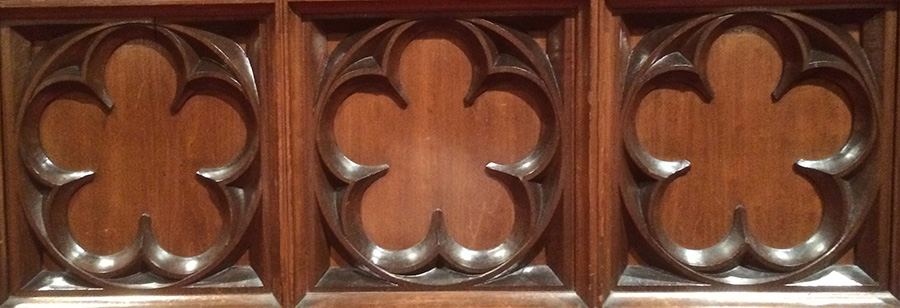
History
By Hugh Macdonald
There's a fascinating book to be written about Scotland's network of chamber music-promoting societies and the story of how small groups of volunteers all over the country came to be responsible for what is now an impressive professional performance circuit. Among the older societies Milngavie Music Club was born in particularly unfavourable circumstances. The club gave its first concert during the darkest days of the war, on October 16, 1942 - just eighteen months after the devastating bombing raids on Clydeside, particularly on nearby Clydebank where more than 500 people lost their lives and 35000 were made homeless.
By Hugh Macdonald
There's a fascinating book to be written about Scotland's network of chamber music-promoting societies and the story of how small groups of volunteers all over the country came to be responsible for what is now an impressive professional performance circuit. Among the older societies Milngavie Music Club was born in particularly unfavourable circumstances. The club gave its first concert during the darkest days of the war, on October 16, 1942 - just eighteen months after the devastating bombing raids on Clydeside, particularly on nearby Clydebank where more than 500 people lost their lives and 35000 were made homeless.
The club was the brainchild of Alex Duncan and the viola player Herbert Downes who was then in the BBC Scottish Orchestra and later moved to the position of Principal Viola in the newly-formed Philharmonia Orchestra in London. At a time when opportunities to hear live chamber music were limited, their vision of a concert society that would invite musicians of international stature to perform in a village hall on the edge of Glasgow was nothing if not ambitious. For that first concert the musicians were Herbert Downes and three colleagues from the BBC Scottish Orchestra, the Downes String Quartet.
Over the following decade, Milngavie's Old Parish Church Hall (now converted into flats) was to host a stellar array of musicians. The first 'big name' was the Glasgow-born pianist and Liszt pupil Frederic Lamond who was regarded as one of the leading Beethoven interpreters in the early 20th Century. Kathleen Ferrier came to sing and, as was her habit, noted in her diary the dress she wore for her recital - the 'emerald green' on this occasion. She was accompanied by well-known Glasgow pianist Ailie Cullen. Pianists like Wilhelm Kempff, Louis Kentner, Monique Haas and Nina Milkina came, as well as the brilliant Australian-born pianist Noel Mewton-Wood, who tragically committed suicide not long after, aged only 31. The oboist Leon Goossens and the clarinettist Gervase de Peyer played, and among the distinguished ensembles who appeared were the Smetana Quartet, Vienna's Barylli String Quartet, the Calvet String Quartet from Paris and the Trio Bolzano from Italy. The guitarist and lute-player Julian Bream performed for the club in 1955 and the great cellist Pierre Fournier came in 1957.


But the scale of the founders' ambition went further: between 1947 and 1975 Milngavie Music Club held a series of weekend-long 'festivals'. They happened every five years and involved several concerts, starting on the Friday evening. For the first festival in 1947 the club invited the Zorian String Quartet, the pianist Colin Horsley and the famous clarinettist Reginald Kell. But the most extraordinary of these events would probably have looked impressive enough in the Edinburgh Festival's programme. It was held in October 1953 and the musicians who took part, appearing together in various combinations across four concerts, were Peter Pears and Benjamin Britten (on their second visit to Milngavie), the Amadeus Quartet with Cecil Aronowitz, and the great horn player Dennis Brain.
Perhaps the most notable feature of the programme was the Scottish premiere by Pears and Britten of Britten's newly composed Thomas Hardy song cycle Winter Words. In fact it was so new that this was only its second performance, following the world premiere in Leeds a week or so before. Peter Pears later said that Winter Words was, of all the song cycles Britten wrote for him, the one he felt closest to. It's no doubt thanks to events like these that the club's membership reached an all-time high of nearly 550 in the 1960s when world-renowned musicians like the Suk Trio, Janet Baker and Stephen Bishop (now Stephen Kovacevich) were appearing at club concerts . From the late 60s on, though, there was a huge expansion of classical music performance in Scotland with the advent of organisations like Scottish Opera, the Scottish Chamber Orchestra and Scottish Ensemble, and various successful chamber music ensembles and city centre recital series. It was never going to be possible to sustain such a large membership with so many competing attractions available on our doorstep and inevitably membership dipped and audiences got smaller.
The good news, though, is that membership and audience numbers have been climbing again. After the closure of the Old Parish Church Hall the club held its concerts in Milngavie Town Hall for many years. Since 2010, however, the club has held all its concerts in the much more acoustically suitable Cairns Church. Having moved to a more attractive venue, Milngavie Music Club is in good health and once again attracting a large, enthusiastic audience. The 70th Anniversary concert in October 2012 is a recital by distinguished tenor James Gilchrist and pianist Anna Tilbrook and the programme includes a work that Gilchrist has recorded to great acclaim and that recalls one of the club's most memorable events: Winter Words by Benjamin Britten.

